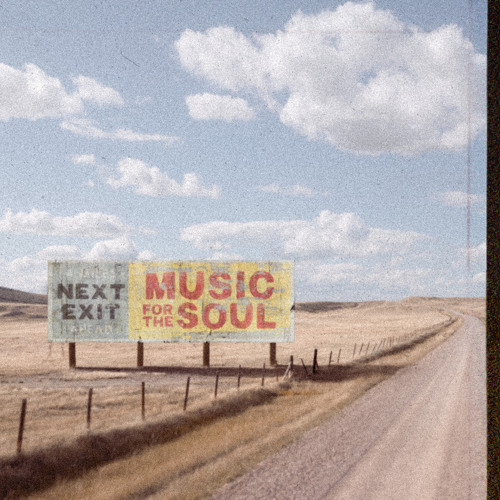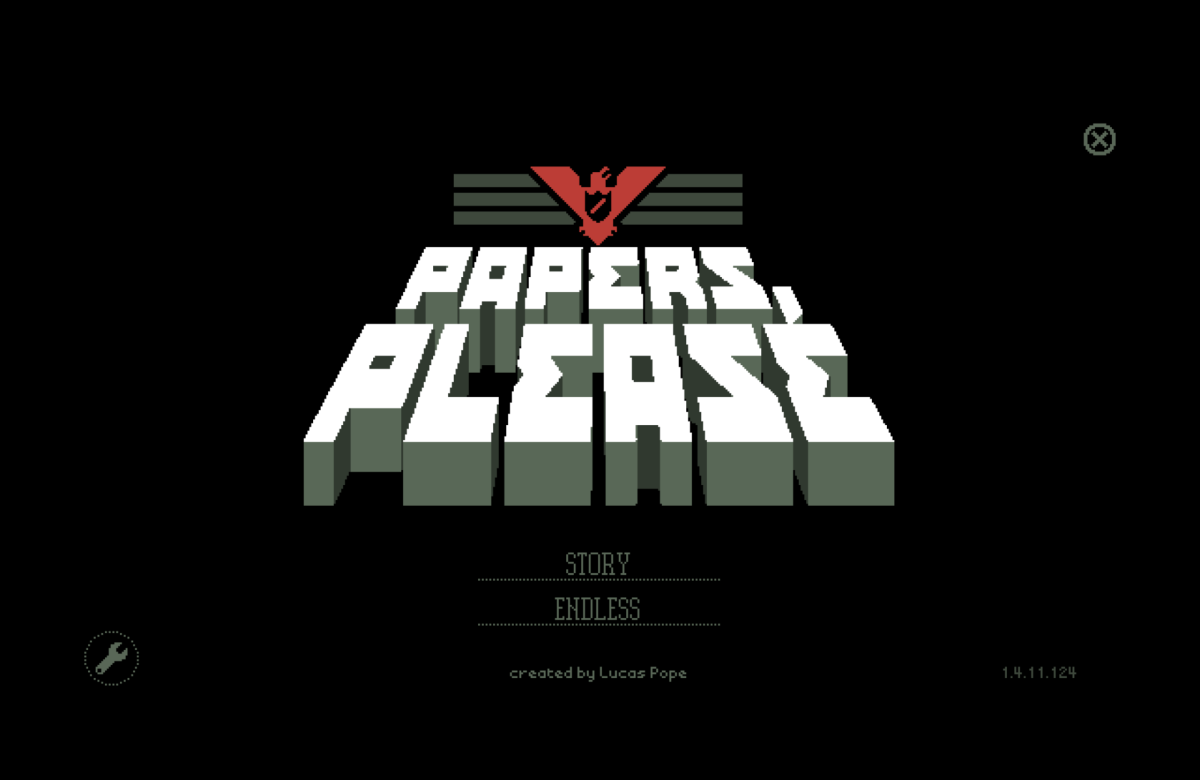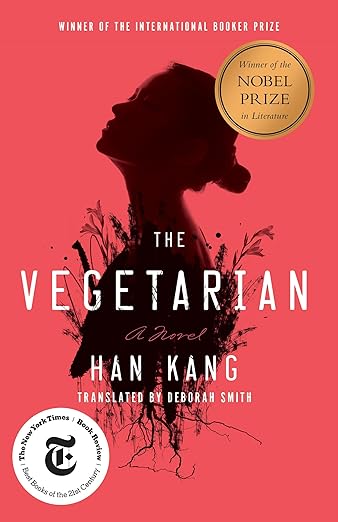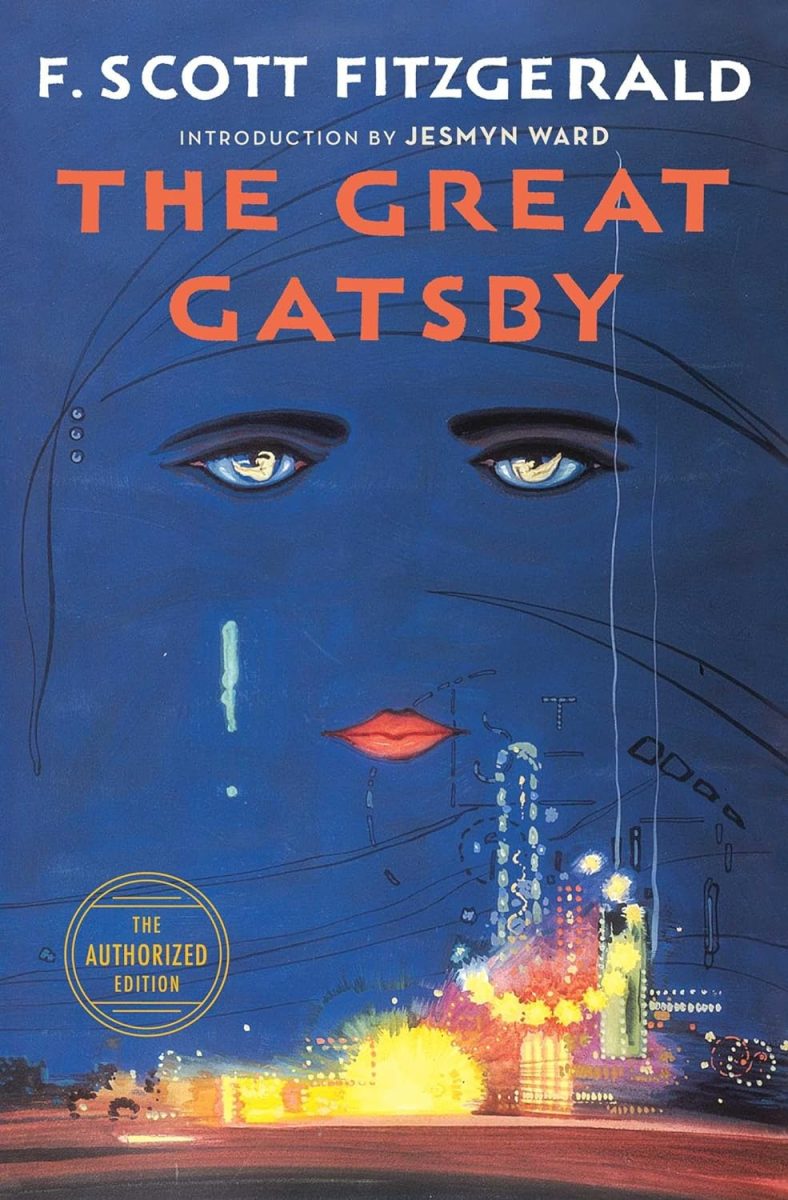The Great Gatsby by F Scott. Fitzgerald, has been a controversial book ever since its publication in 1925. It was initially labeled as a literary failure, with fewer than 23,000 copies sold in its first year. However, after the author’s death in 1940, the book began gaining momentum in its sales, eventually becoming one of the most popular texts in high school and college literature classes. By the end of the 20th century, The Great Gatsby achieved over 1 million sales and had become known as one of the best novels in American literature.
The Great Gatsby takes place in the summer of 1922 and follows the life of Nick Carraway, a young man who recently moved from his hometown in the mid-west to Manhattan in New York where he lives on a small peninsula called West Egg. Next to his small modest cottage is a gigantic mansion belonging to the man “Gatsby,” a mysterious figure known for his huge, extravagant, and wild parties, where people from all over attend, leave a mess, and do it all over again the next day. Neighboring West Egg is East Egg, another peninsula where Tom and Daisy Buchanan, Nick’s old friend and second cousin, respectively, live in another huge mansion. Throughout the summer, Nick is caught up in the affairs of West and East egg, and discovers that Gatsby is in love with Daisy. Gatsby’s pursuit of Daisy sets off a chain of events and eventually becomes known to Tom Buchanan. As Nick tries to adjust to his new life in West Egg, he is exposed to the sinister of the upper-class, all while remaining a “neutral” observer.
The Great Gatsby has strong themes of appearances, the American dream, love, and moral decay recur throughout the novel, provoking thoughtful discussion and dilemmas. However, there are also multiple slow sections in the book that can be hard to read through. For instance, in the beginning, Nick gives a lengthy talk about his past life and origins, setting the book’s scene, but making it a boring couple of pages. When new characters get introduced, however, it brings more excitement and is enjoyable to read. And as the plot develops, the themes blend in pleasant harmony. The ending is disappointing with a cliff hanger and a death that is hard to wrap your head around. After reading The Great Gatsby one can find entertainment in its fantastical story, but it also teaches valuable lessons that can be applied to our lives. Many characters in the book seem to see money as an end to means for their life, and in doing destroy their previous relationships as they demonstrate moral decay. Materialism in The Great Gatsby can be applied to real life, showing how important it is for us to value and retain our relationships, to live a meaningful life.
















